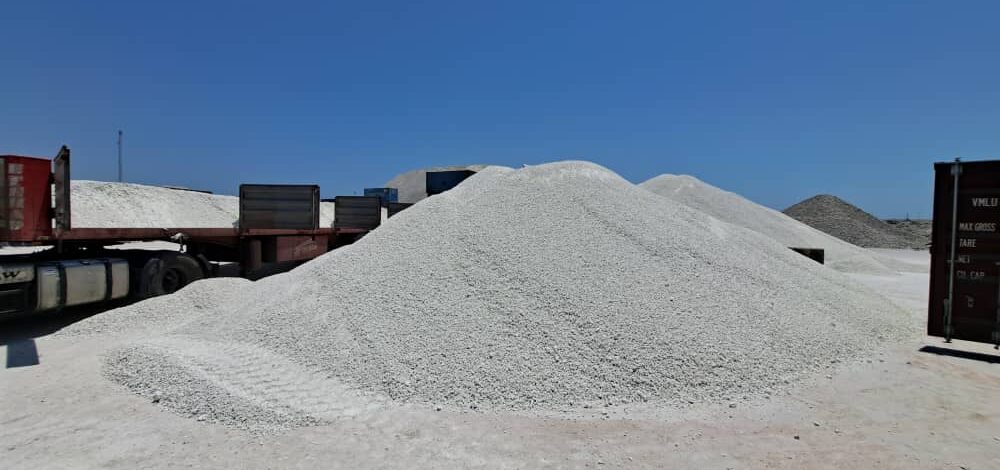Enhancing Your Garden: The Benefits of Bentonite
Discover the Benefits of Bentonite in Your Garden
Bentonite clay, known for its absorbent and binding properties, is not just a powerhouse in health and beauty—it’s also a valuable resource for gardeners. Whether you’re looking to improve soil quality, retain moisture, or enhance plant growth, bentonite offers a range of benefits that can help you cultivate a thriving garden. In this guide, we’ll explore how bentonite can transform your garden, providing natural solutions for common gardening challenges.
What is Bentonite Clay?
Bentonite clay is a natural, mineral-rich clay formed from volcanic ash. It is composed primarily of montmorillonite and has a unique ability to absorb water and expand, making it an excellent soil conditioner. Bentonite is available in two main types: sodium bentonite, which swells significantly when wet, and calcium bentonite, which has a more stable structure. Both types of bentonite offer valuable benefits for garden soil, making it easier to manage water, nutrients, and plant health.
The Key Benefits of Bentonite in the Garden
Improving Soil Structure
One of the most significant benefits of bentonite in the garden is its ability to improve soil structure. Sandy soils, which often struggle to retain water and nutrients, can greatly benefit from the addition of bentonite. When mixed with sandy soil, bentonite helps to bind the particles together, creating a more cohesive and fertile environment for plants. This improved soil structure allows for better water retention and nutrient availability, leading to healthier, more vigorous plant growth.
Enhancing Water Retention
Bentonite’s water retention capabilities are particularly valuable in gardens located in arid or drought-prone regions. The clay’s ability to absorb and hold water can help prevent moisture from evaporating too quickly, ensuring that plants have a steady supply of water even during dry periods. By incorporating bentonite into your garden soil, you can reduce the need for frequent watering, conserve water, and provide a more consistent growing environment for your plants.
Supporting Nutrient Availability
Another key benefit of bentonite is its role in enhancing nutrient availability in the soil. Bentonite acts as a natural fertilizer by binding essential nutrients and releasing them slowly over time. This slow-release effect ensures that plants have continuous access to the nutrients they need, promoting steady growth and reducing the risk of nutrient runoff. Additionally, bentonite’s ability to improve soil structure enhances the soil’s capacity to hold onto nutrients, preventing them from being washed away by rain or irrigation.
How to Use Bentonite in Your Garden
Soil Amendment
To improve soil structure and water retention, mix bentonite clay into your garden soil at a rate of about 5-10% by weight. For sandy soils, this can mean adding 10-20 pounds of bentonite per 100 square feet of garden area. After mixing, water the soil thoroughly to activate the clay’s swelling properties, allowing it to fully integrate with the soil.
Compost Enhancement
Bentonite can also be used to enhance compost quality. By adding a small amount of bentonite to your compost pile, you can improve the compost’s moisture retention and nutrient content. This enriched compost can then be used to boost soil fertility, providing your plants with a nutrient-rich growing medium.
Creating a Bentonite Barrier
In areas where water retention is particularly challenging, you can create a bentonite barrier beneath your garden beds. By placing a layer of bentonite at the bottom of the bed, you can prevent water from draining away too quickly, ensuring that your plants have access to moisture for longer periods.

